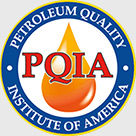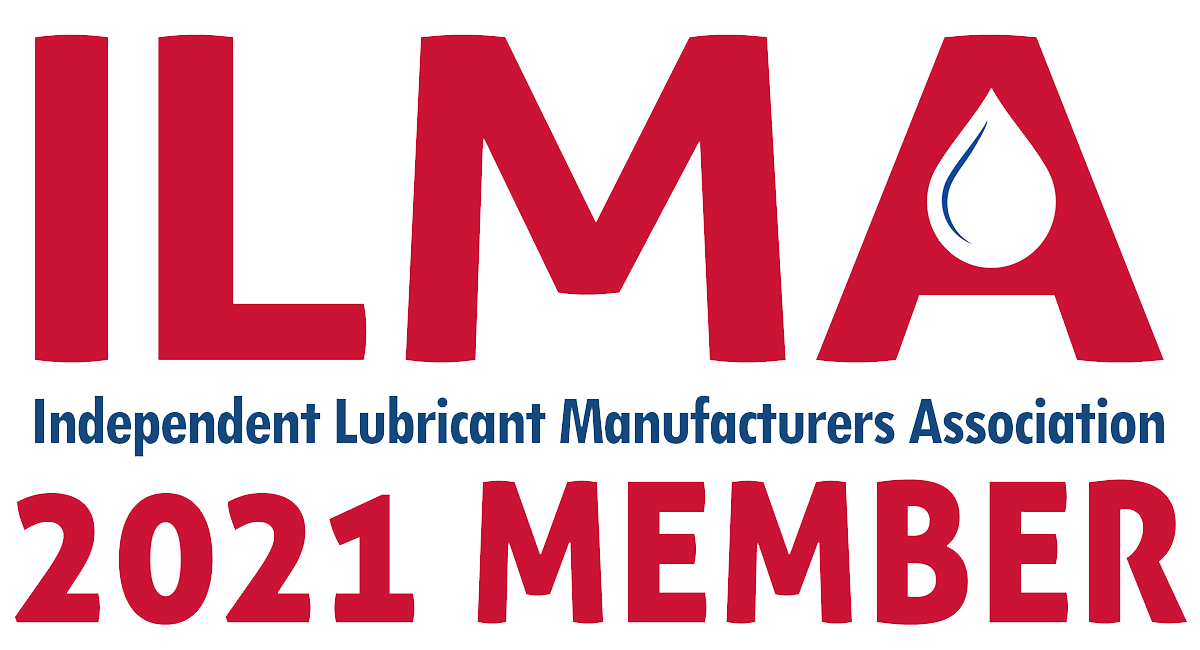 In our last newsletter, we talked about building out an online presence for your shop, including some of the challenges and benefits that come with it. But what happens once you have your site built? Or your social media page ready to go? Keeping your digital presence well maintained is important in turning a small advantage into a huge one.
In our last newsletter, we talked about building out an online presence for your shop, including some of the challenges and benefits that come with it. But what happens once you have your site built? Or your social media page ready to go? Keeping your digital presence well maintained is important in turning a small advantage into a huge one.
As a shop owner, you know how important routine maintenance is for vehicles, equipment or any piece of machinery. It isn’t much different for a website. It is critical to look through your website every so often to make sure everything is working as it should be. Make sure links still work. Make sure photos are still visible. Definitely make sure all the products, services and pricing you have listed are up to date. It might be a good idea to create a regular web maintenance schedule, whether it be on a weekly or monthly basis, to make sure nothing slips through the cracks.
Related: Simple Steps Can Help Reduce the Cost of Downtime
Ensuring the information on your website is up to date may be the most important part of maintenance. It’s easy to forget about making an update when you start or stop a special offer or change pricing. This can become a problem when a customer comes in expecting to pay one rate and being charged another. You may not lose an immediate sale, but its very likely that customer is going to feel ripped off and go elsewhere in the future. They are also going to let everyone who will listen know about their experience either online or via word of mouth. If they didn’t have a good experience, especially if it involves pricing, that can be bad for business.
By the same token, not having a new product or service or extended hours listed on your site can be costly as well. That new feature or extra hour of operation on Sundays might be the difference between someone coming to your shop. While it likely won’t have the negative impact of posting incorrect information, it could still result in potential dollars lost.
If you are using your website or social media platform to communicate with your customers, be sure to post updates regularly. It doesn’t have to be every hour, but posting at least every week is generally good policy. If you suddenly stop interacting, it can throw up a red flag to customers. Some may think you have gone out of business or closed your shop. It also calls the credibility of the information on your website into question. If your most recent posts are from three or four years ago, how can a customer be sure everything else on your site isn’t also out of date? You don’t have to spend hours blasting posts all over social media, but a quick updatecan go a long way.
Keeping your online presence well maintained is critical for long term success in that space. It takes a little extra effort, but it will go a long way into bringing more customers to your shop and building a trusted brand name for yourself.




